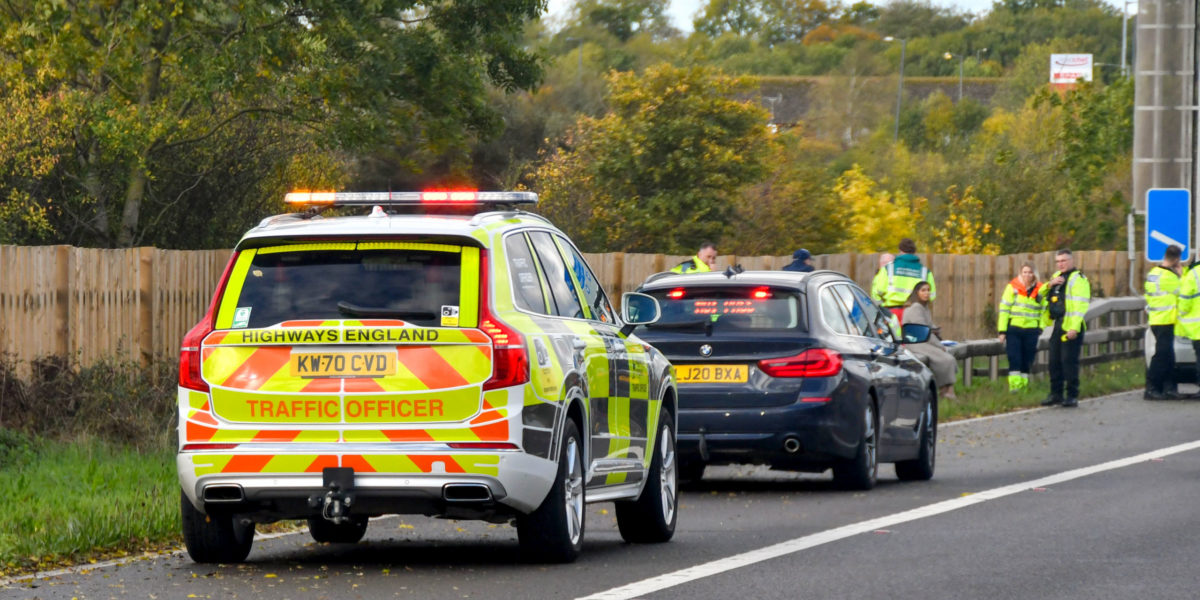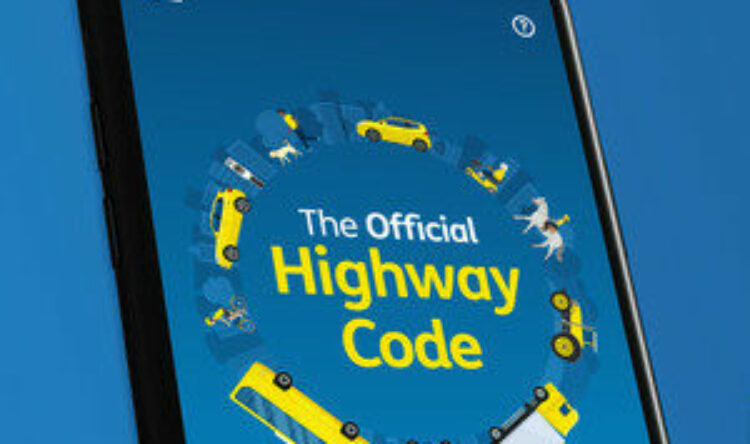Where have all the traffic cops gone?
The huge fall in traffic police on our road network is breeding anxiety amongst motorists
Drivers want to see more police on the roads.
The reduction in dedicated traffic police on the road is creating real anxiety amongst many motorists. In a new survey, 79% admitted worrying about how long they’ll have to wait if they need help, especially in an emergency.
Can you see them?
Concerns about ‘invisible policing’ are revealed in an exclusive poll by Auto Express. It shows that 83% of drivers want to see more road patrols.
An overwhelming majority (69%) say they would feel safer and more secure on the roads, if police were more visible. What is more, the police agree with them.
Steve Fowler, Auto Express editor in chief said: “With over 40 million vehicles on UK roads, the decrease of visible roads policing is a growing concern for all road users. Dash cams and speed cameras can help by identifying offences, but they can never replace an experienced police officer.”
Damming insider view
An exclusive Auto Auto Express interview reveals the Police Federation’s frustrations. Their national driver training and pursuits lead Tim Rogers – one of the UK’s most experienced traffic cops – slams the dire state of ‘invisible’ traffic policing on our roads today.
A report by HM Inspector of Constabulary that was published early in the Covid lockdown. It also expressed major concerns when it comes to UK police forces for ‘inadequate’ roads policing. They point to the decline in numbers of skilled traffic officers, a lack of strategy and poor training.
“People using our roads every day have the right to feel secure and be kept safe,” states Tim Rogers. “They deserve dedicated, professional, well trained police officers. It is frustrating to witness them being let down by roads policing that has become virtually invisible,”
Rogers enrolled as a police officer in 1995, spending most of his career as a traffic cop. This has included 10 years as a road death investigator. He’s believes UK roads policing is in a dire state.
“Back in 2009, West Midlands Police – which is my force – had 20 different small traffic divisions, and we’d be putting out around 30 cars every day.
“Then you think about what we’d have inside those cars in terms of the training, skill and ability needed to be classed as a traffic officer able to deal with myriad road-traffic offences.”
A decade of bad Government policies
These standards have slipped over time due to budget cuts, Rogers states. It has led to the inevitable decline in expertise in all areas.
“Government is saying there’ll be 20,000 additional bobbies. But they’re just putting back what they’ve taken from policing over a number of years, and with insufficient thought about the infrastructure that also disappeared as part of those cutbacks, including the investment in training. In three years’ time, 30 per cent of the workforce will have less than five years’ service,” he said.
“To train people to an adequate level to deal with the issues on the road takes years, it takes a lot of investment and we simply haven’t got that. So we’re going to be playing catch-up for 10 or 15 years.”
“We police by the consent of the public. A dash cam can identify an offence and a summons can be sent out, but many of those who commit road-traffic offences are involved in other criminality. We’re missing that, and it’s what the public wants us to deal with to keep them safe.”
“The standard of driving is pretty appalling, but the people you’re going to moderate by sending out letters are those like me, who’ll take greater care. Is that who we want to be targeting as a police service? Potentially alienating them, while the high-level criminals continue to drive like idiots?”
“That’s why we need that bobby interacting with drivers and getting hands on,” says Rogers. “But most feel undervalued, and their roles diluted.”
“Ask traffic officers nowadays what percentage of their time is spent on roads policing,” he continues. “They’ll say very little, as they’re pushed from pillar to post and mismanaged with jobs that have nothing to do with road safety.”
You read the full Auto Express article here.







